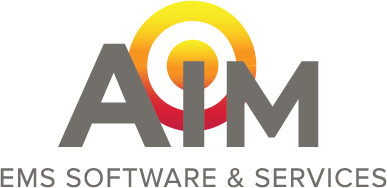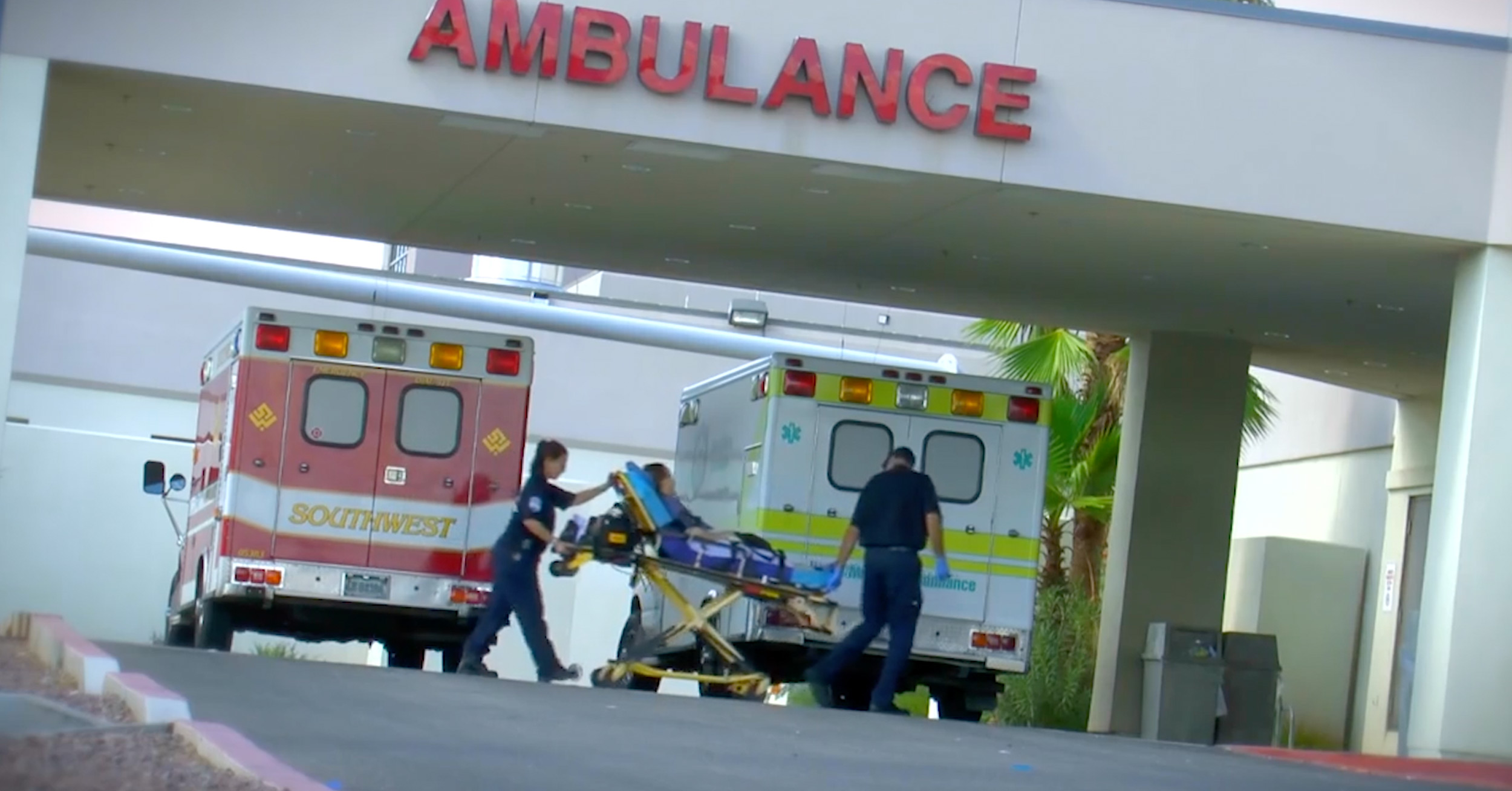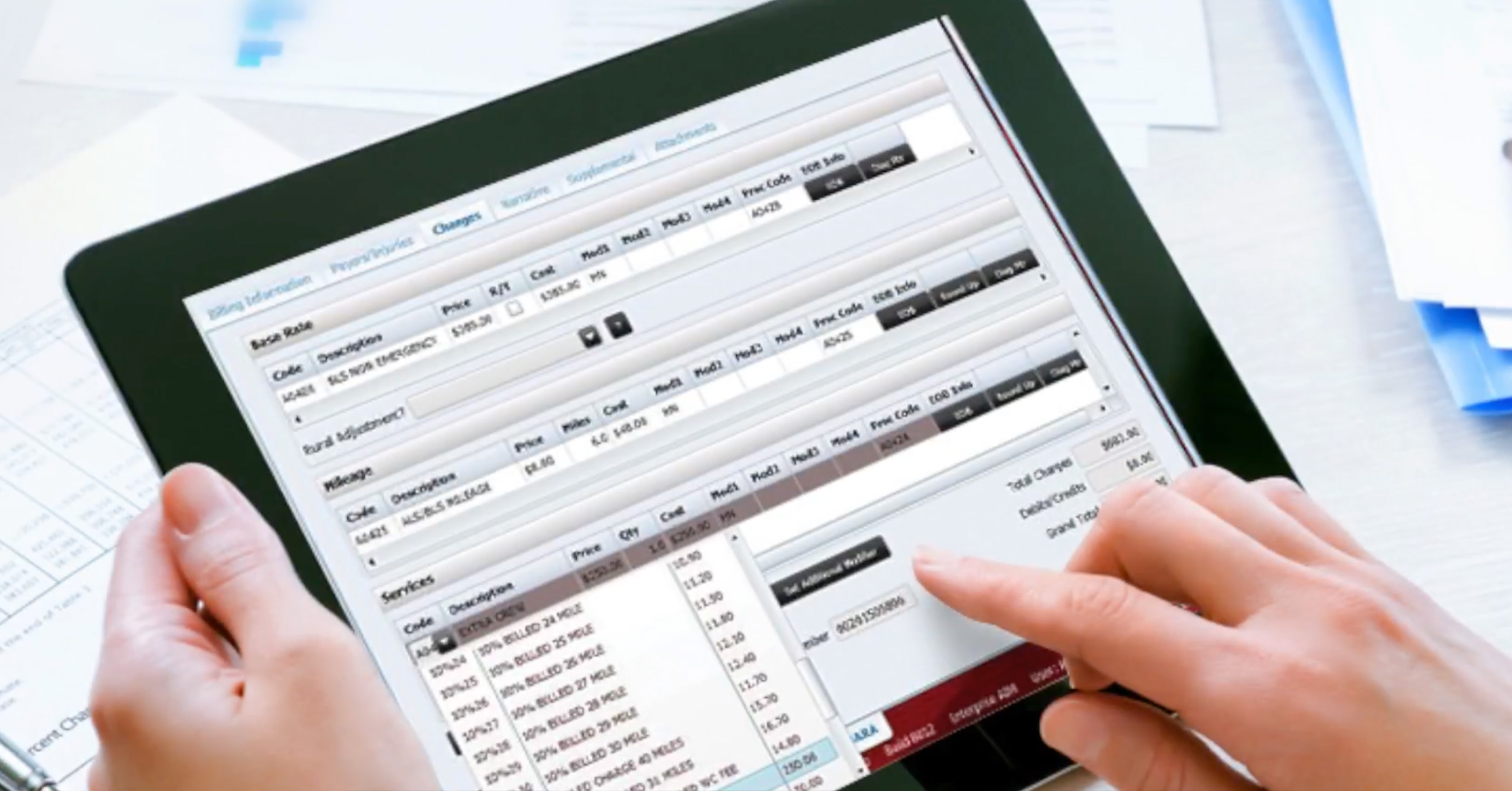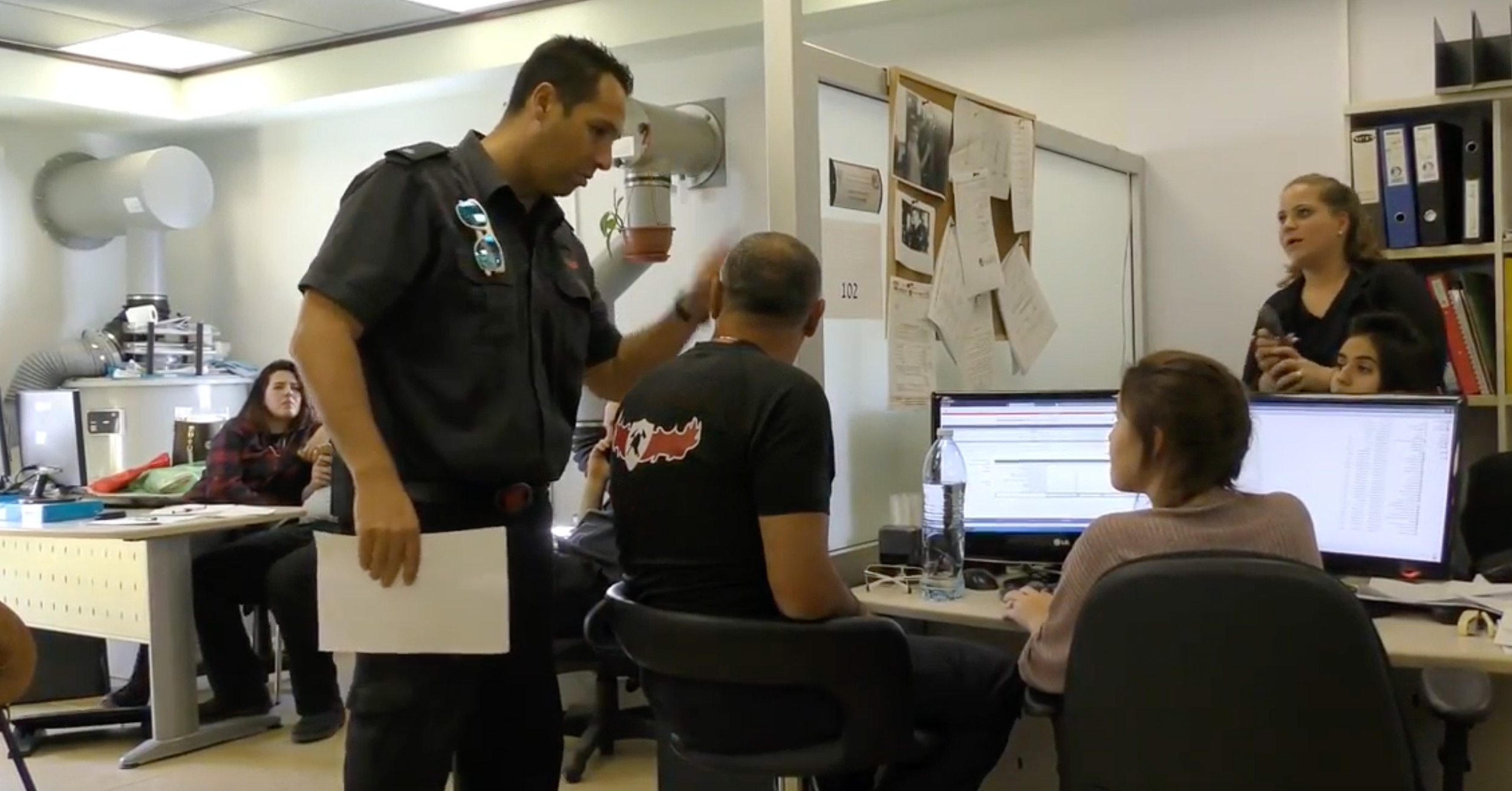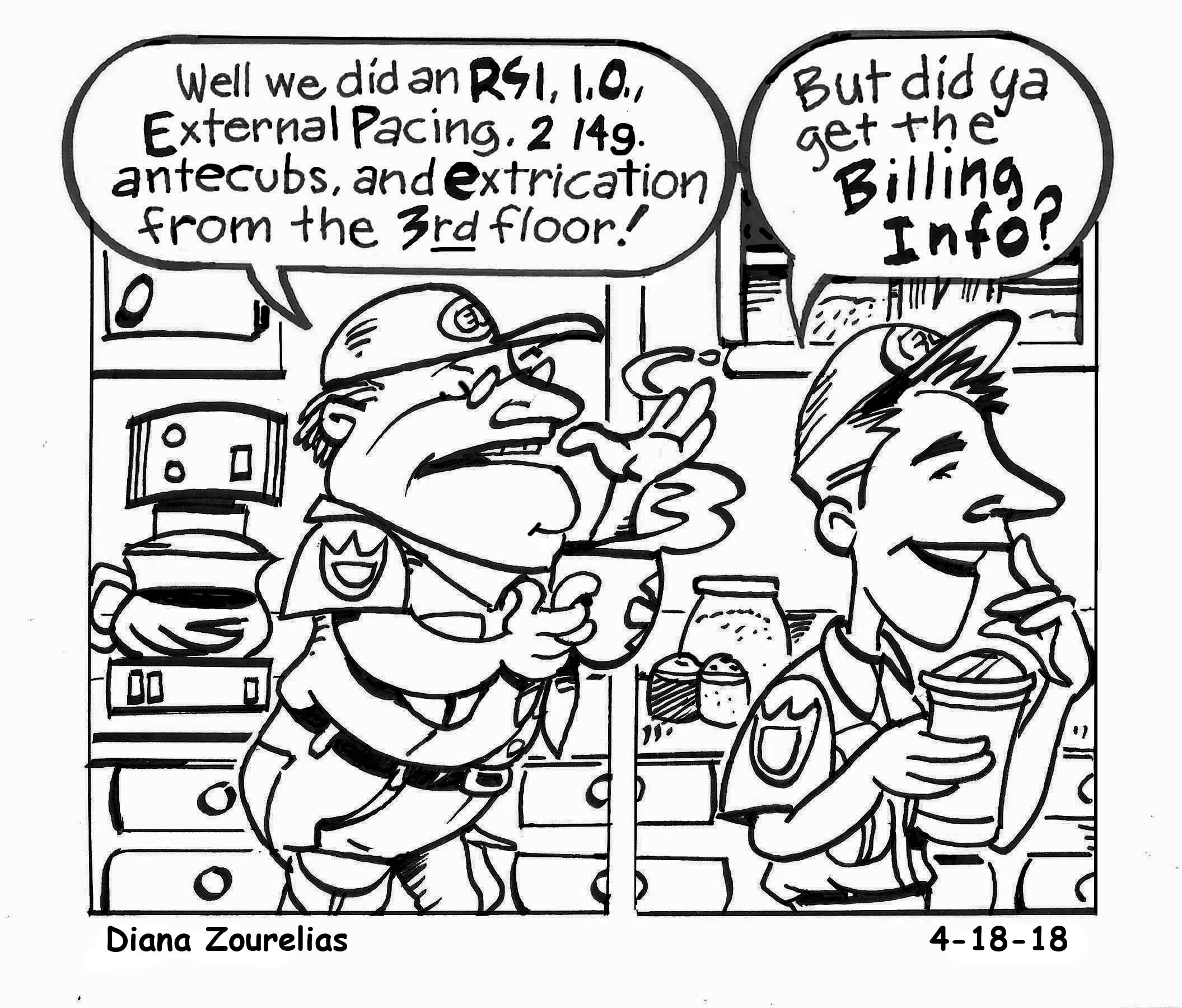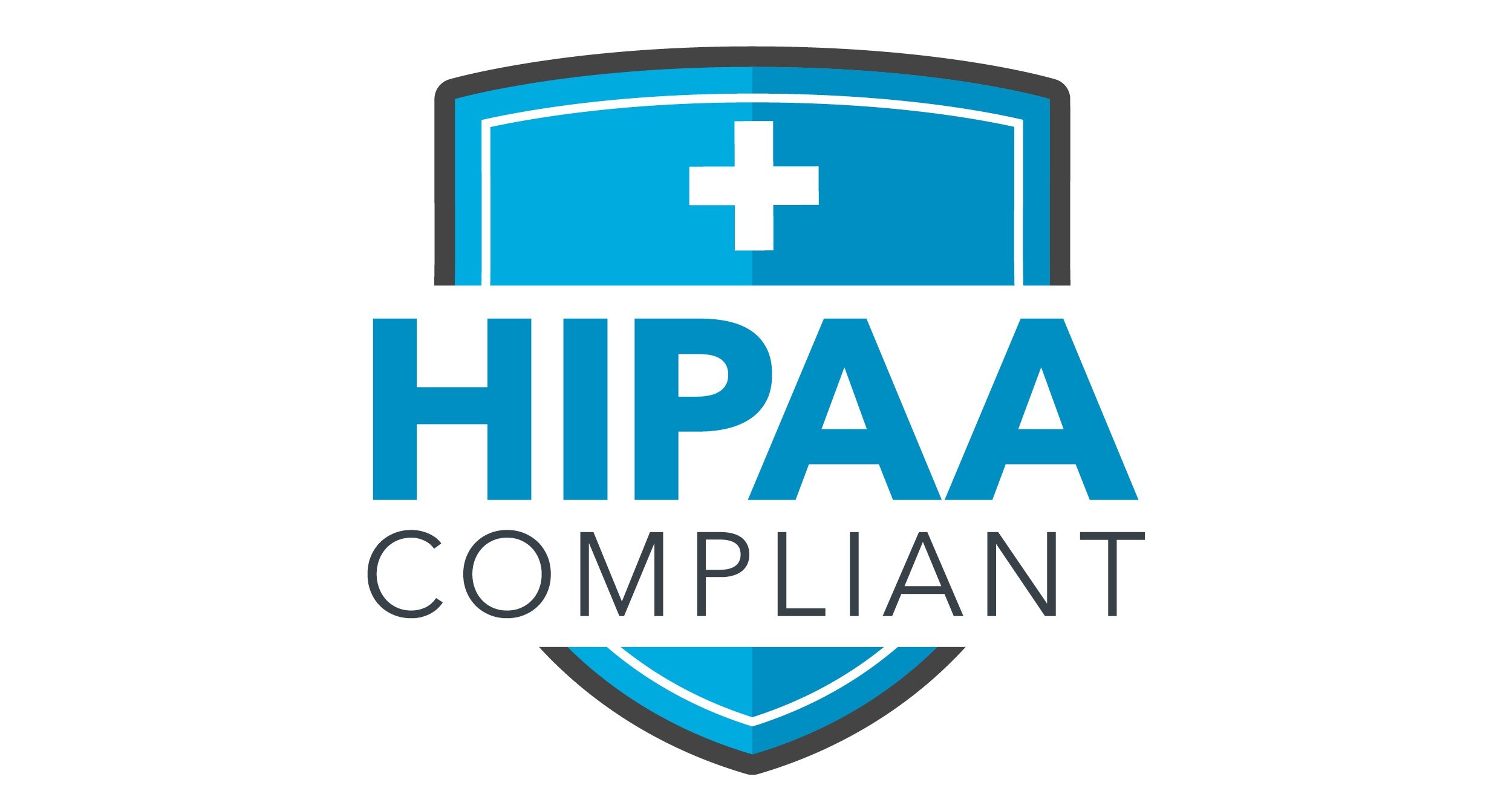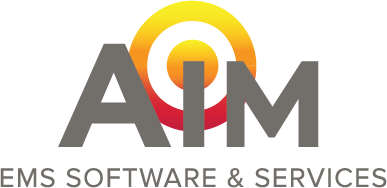Inevitably, senior ambulance billers will (and should) influence EMS billing software decisions. EMS billers are constantly under fire when it comes to compliance, rejection/denial rates, and efficiency. It’s not easy for EMS billers to manage all the demands of ambulance billing while still maintaining quality. In order to meet the high demands of ambulance billing, EMS billers need a software that works for them and not against them.

